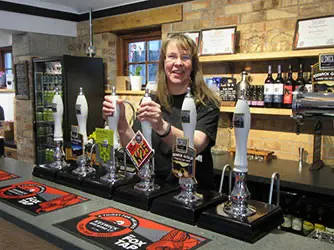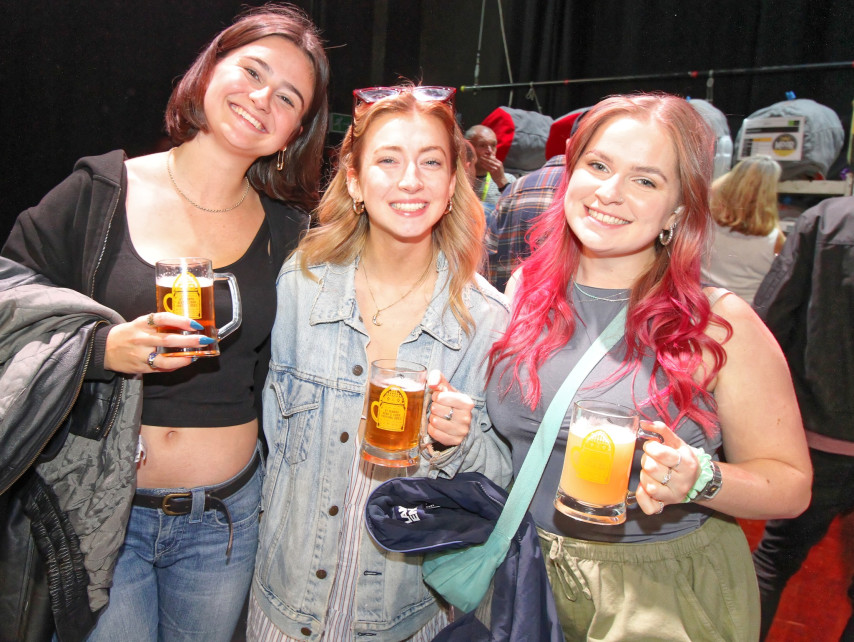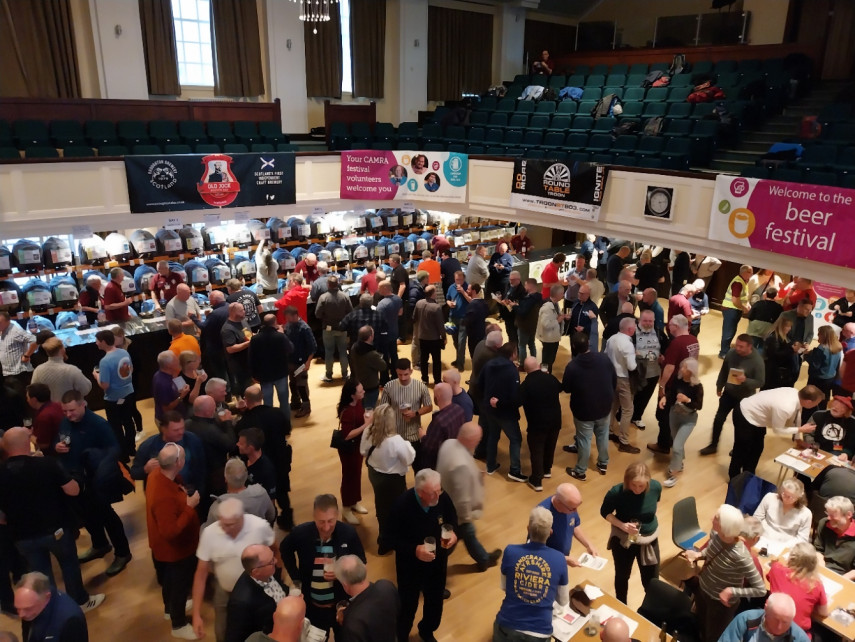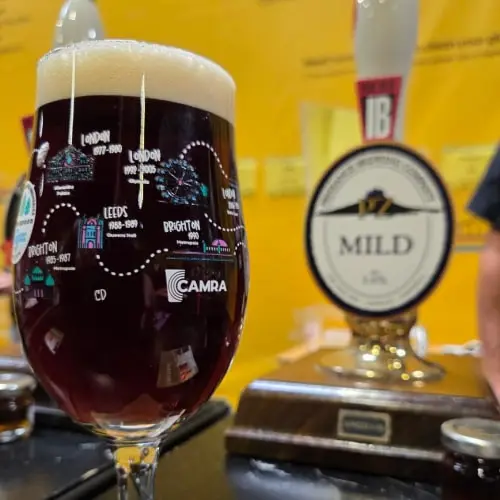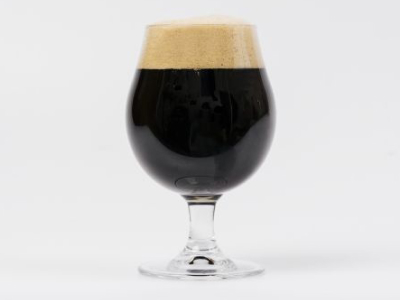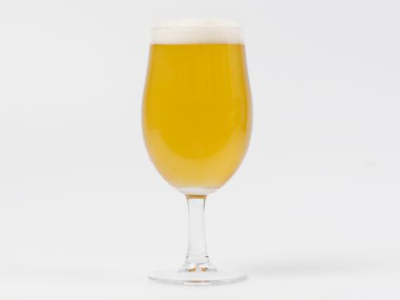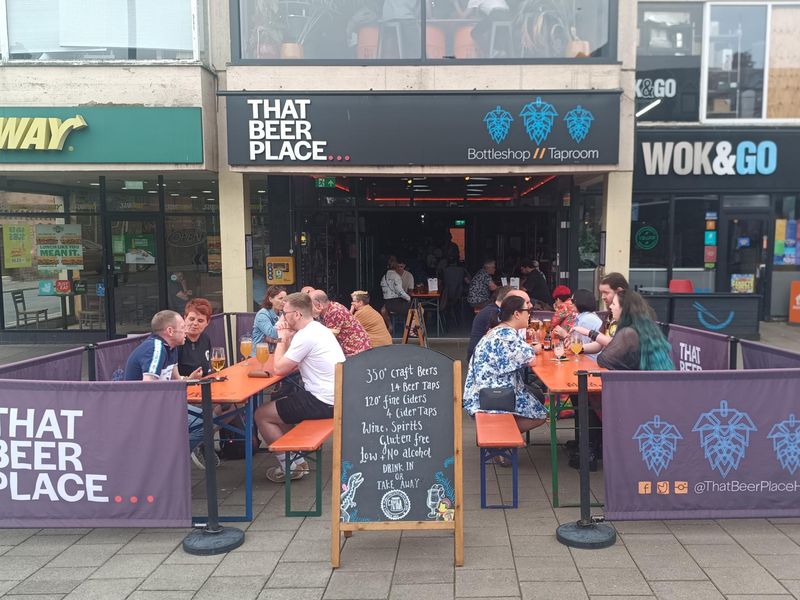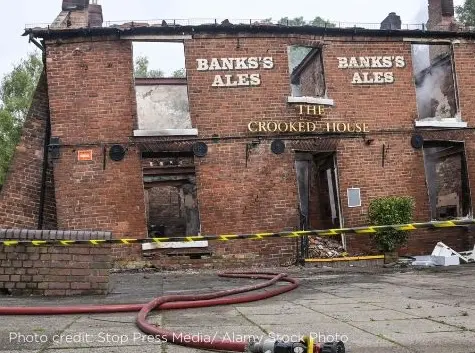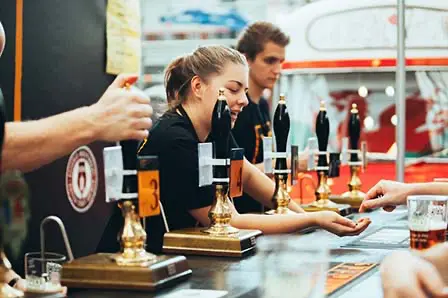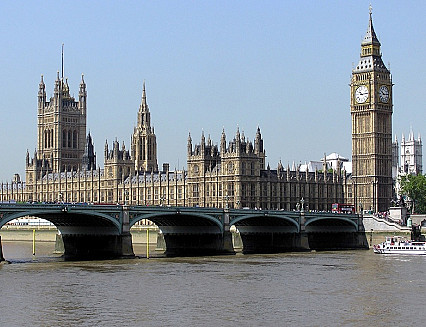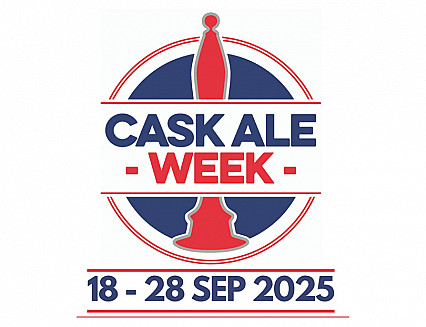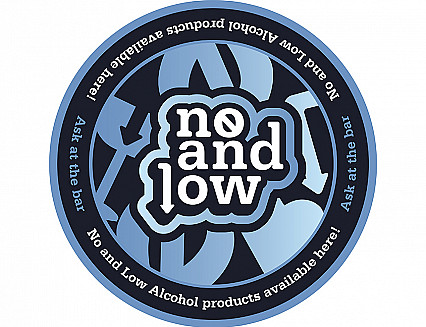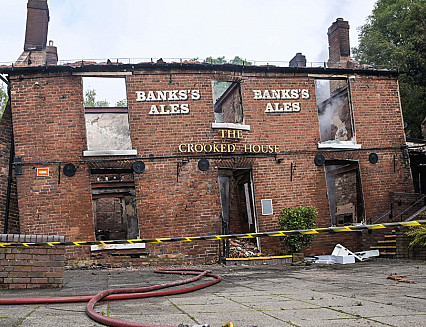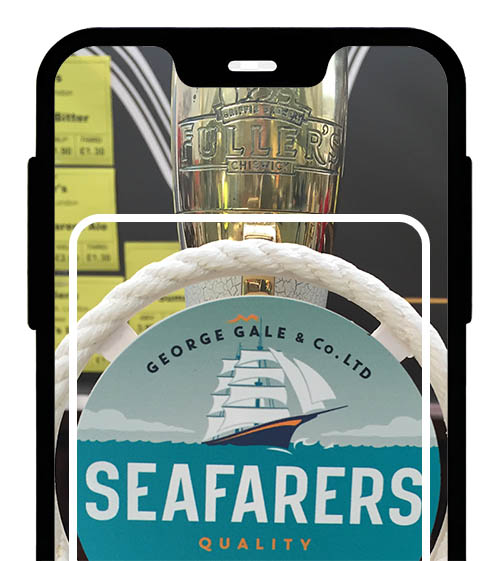I’m very sceptical when anyone speaks about Gen Z or any demographic cohort with seeming authority. Usually the characteristics of each generation seem very similar to the previous one and a lot of these supposed behaviour patterns could be just attributed to anyone who is lucky enough to be young.
Take Generation X, which I just am part of. We, apparently, sought a better life/balance to our parents but value job security. Which will come as a surprise to my children who see me constantly stressing about work, when the latest invoice will be paid and which publications will survive in another year of the ungilded digital age.
So when I read that Gen Z could save cask beer from extinction, I raised an eyebrow. I then raised the other eyebrow – a unique skill – when I read in the same article an industry grandee being quoted as saying Gen Z want variety when they drink, like they’re one homogeneous person tapping their beer order into the app on their phone to avoid the queue.
This evidence of all Gen Z’s wanting to order a hoppy drink and then a malty drink like a 2025 remix of the Chumbawamba’s Tubthumping is a sweet idea but I think if you asked young people what they wanted to drink then you wouldn’t get such a varied response.
Because what a lot of young people really want to drink is a beer that is sustainable and local – something which cask offers more than most drinks and foods in this country. Which can be an inconvenient truth for many who might operate under the veil of localism but belong to organisations that have shareholders from various big multinationals.
Because the young people I meet are looking to drink from local, small breweries that have enriched their high street rather than huge chains which offer a slate of similar macro lagers. And maybe young people are eschewing cask at large pubs and drinking it in smaller establishments. In fact, I know they are.
I recently spoke to SIBA and the UK cask figures only take into account data from national brands and pub companies. They don’t include taprooms, micropubs or even beers, such as Black Sheep Bitter or Titanic Plum Porter. So while larger brands – those mishandled by the likes of Carlsberg or Coors – are declining, other cask beers are being cherished.
And if anyone has seen the “recent trend” – note parentheses – for Bass even large breweries are seeing an uptake of young drinkers enjoying beers often accused (wrongly) for not being varied in a loyal way – one establishment I visited I saw lots of young people having Bass loyalty cards stamped!
Instead of being a group that could save cask beer from extinction they are already giving it a lifeline if their local brewery or pub is serving or brewing cask.
Most of all it’s time for those in charge – especially those who reaped the benefits of post-war economic prosperity – to ask and listen to what young people actually want. Even if the answer of localism goes against their interests.
